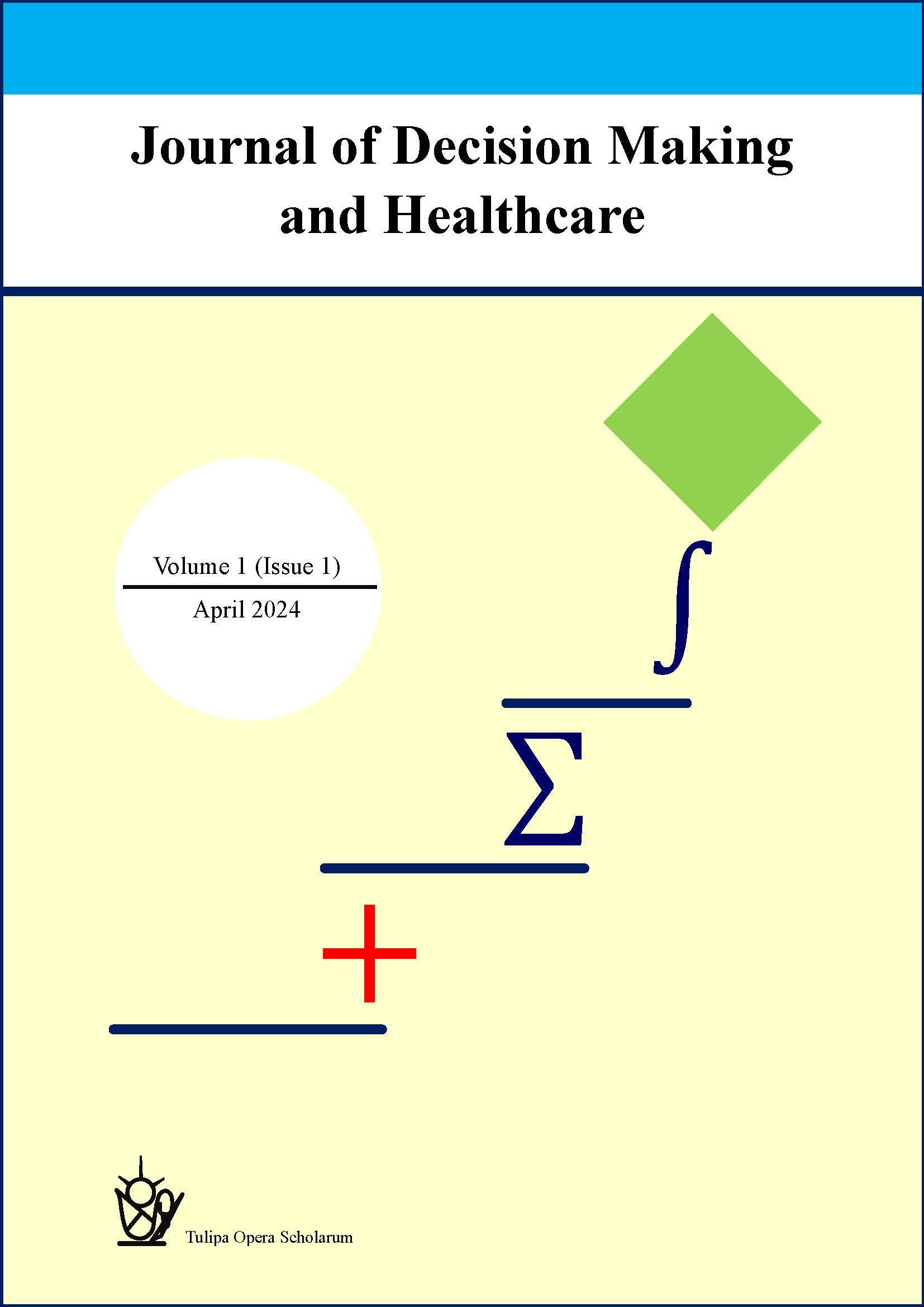Research on the promotion and optimization of bicycle sharing in the post-Covid-19 epidemic economy
Journal of Decision Making and Healthcare, Volume 1, Issue 1, June 2024, Pages: 16–29
RONG WANG
School of Mathematics, East China University of Science and Technology, Shanghai 200237, P.R. China
KENAN YE
School of Mathematics, East China University of Science and Technology, Shanghai 200237, P.R. China
YANGYANG YANG
School of Mathematics, East China University of Science and Technology, Shanghai 200237, P.R. China
XIAOHUI LI
School of Information Science and Engineering, East China University of Science and Technology, Shanghai 200237, P.R. China
HUILIN CHEN
School of Information Science and Engineering, East China University of Science and Technology, Shanghai 200237, P.R. China
SHENG-YA FENG
School of Mathematics, East China University of Science and Technology, Shanghai 200237, P.R. China
Abstract
In the post-pandemic era, people’s lifestyles have changed accordingly. Bicycle sharing has become a common means of transportation in people’s daily lives. In this article, we consider the factors that affect people’s choice to travel and analyze the supply and demand relationship of city bicycles. To this end, we use the analytic hierarchy process (AHP) to infer the conclusion that people prefer to use city bicycles as a means of travel during rush hour commuting and short-distance travel. In addition, we further propose a discrete gray model (DGM) to predict the development trend of city bicycles. The results show that the demand for city bicycles is steadily increasing. The research in this article can help governments and organizations plan urban transportation more rationally and maximize the use of urban transportation resources.
Cite this Article as
Rong Wang, Kenan Ye, Yangyang Yang, Xiaohui Li, Huilin Chen and Sheng-Ya Feng, Research on the promotion and optimization of bicycle sharing in the post-covid-19 epidemic economy, Journal of Decision Making and Healthcare, 1(1), 16–29, 2024

